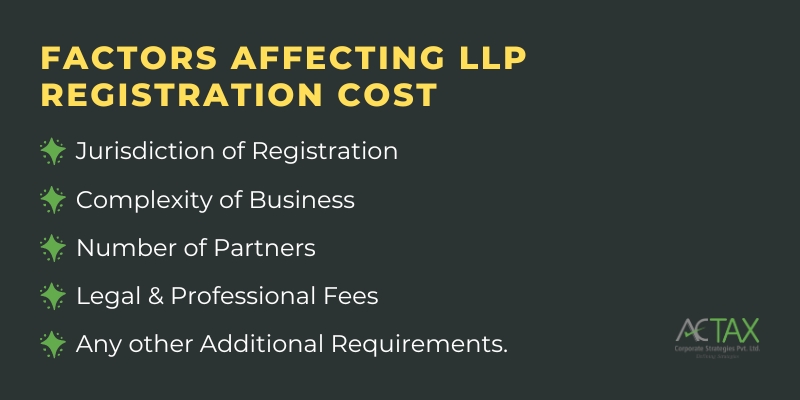If you’re still facing the dilemma about whether or not to opt for private limited company registration for your small business, end the confusion with this blog. This blog covers all the tiny details about the characteristics of private company, that will help you to unwind your confusion. Starting from how many shareholders the company type possesses, to its different categories to its taxation policies, this blog covers it all. So, go ahead and decide for yourself whether the private company structure satisfies your requirements or not.
Table of Contents
Uncovering the True Characteristics of Private Companies

What is a Private Company?
Simply speaking, private companies (also known as public limited companies legally) are firms held under “private ownership”. These companies have shareholders, and can also issue stocks, but cannot make public exchanges for the same. In other words, its stocks cannot be traded via public stock exchanges, as they remain unlisted. SMEs, small partnerships, and sole proprietorships can be registered as private companies.
The core characteristics of private companies have been vividly enlisted in the sections below. Also, for similar information, refer to llp vs private limited company
List of Basics for a Private Company
Here’s a list of basic characteristics of a private company:
Characteristics | Description |
Shareholders | Minimum no. of shareholders – 2 Maximum no. of shareholders – 200 |
Board of Directors | Minimum no. of directors – 2 (one of them must be an Indian residence) Maximum no. of directors – 15 |
Authorized Share Capital | Minimum ₹1 lakh |
Paid-Up Capital | Not required |
Board Meetings | Meetings held within 120 days of each other (Minimum of 4 meetings per year) |
Annual General Meetings | At least once a year |
Taxation | 25% is taxable up to the income slab of ₹1 crore, 2,50,000 + 25% is taxable up to the income slab of ₹10 crore and above ₹1 crore (with 7% extra surcharge), 2,50,00,000 + 30% is taxable above the income slab of ₹10 crores (with 12% extra surcharge) |
Naming Requirements | The name must be unique, and should reflect the business motto, and should not resemble any other company name already established by law. Names contrary to the law should further be avoided (refer to Companies Act, 2013). |
Forms Required For Registration | Form SPICe+ (INC-32) |
Key Characterics of A Private Company

The key characteristics of a private company have been displayed hereunder.
Limited Liability Protection
By registering your small business/SME as a private company/private limited company, you can avail yourself of limited liability protection (verified through the Companies Act, 2013). It refers to legal protection, which has the capacity of protecting you and all the associated owners or shareholders from any legal and financial burdens/complications that originally arose from the fault of the company.
Separate Legal Entity
By registering your small business/SME as a private company/private limited company, you can further avail the benefit of separating yourself from your organization. In simple words, both your company and you will be treated as two separate legal entities. In cases where there has been some legal breach, you won’t be held liable on your company’s behalf. This saves you and your family from a lot of harassment.
Perpetual Succession
As a key characteristic of a private company, perpetual succession enables the private company to exist, even if a director dies, or the company gets bankrupt or insolvent. In simple terms, perpetual succession means the handover of company ownership or leadership, from one person to another, without any real change in company status. This is how a private company survives safely, even after an unfortunate event.
Privacy and Confidentiality
Another key characteristic of a private company lies in the fact that the privacy and confidentiality quotient is quite high in private companies. This is because, unlike public companies, information about directors, stockholders, and finances is not as readily available to the general public.
No Requirement for Prospectus
Prospectus refers to a legal document that displays detailed information about the security status of a company that has been put on sale. A public company usually requires one, but a private company does not need one. This is because a private company, in the first place, cannot put up its securities for sale.
No Requirement for Index of Members
An index of members refers to the enlistment of company members along with their personal information in a specified format (e.g. alphabetical order, page numbering, etc.). While a public company requires them; as another core characteristic, a private company does not need them. This is because of the previously mentioned private nature of the structure.
Restricted Share Transferability
Last, but not least, as one of the most dominant characteristics of a private company, by virtue of law (refer to Section 8(2)(b) of the Companies Act, 2013), it restricts share transferability (i.e., public transfer of shares or securities).
Types of Private Companies
In this section, the various characteristics of a private company have been displayed, based on its category, which are important considerations for anyone exploring company registration in Mumbai.
Types | Features |
Limited by Shares |
|
Limited by Guarantee |
|
Unlimited Liability |
|
Conclusion
The blog has vividly uncovered the key characteristics of a private company. By carefully analyzing these aspects, you can make an informed decision regarding whether to register your business as a private limited company or not. For further confusion, contact the company registration and legal experts of Actax India, to clear out all your doubts.







